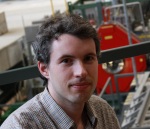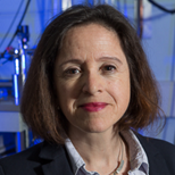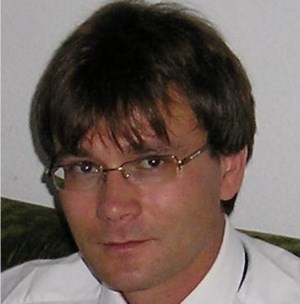Links to external sources may no longer work as intended. The content may not represent the latest thinking in this area or the Society’s current position on the topic.
Emergence of new exotic states at interfaces with superconductors
Theo Murphy international scientific meeting organised by Dr Jason Robinson, Professor Lesley Cohen, Professor Matthias Eschrig and Professor Alexander Brinkman
Event details
Radically new science has recently emerged at the interface between superconducting and non-superconducting materials via the proximity effect. These advances open up tantalising possibilities in spin-electronics and quantum computing, stimulating extreme interest in the scientific community. This meeting will draw together the range of specialisms essential to develop full understanding, realisation and exploitation of these new superconductivity mediated phenomena.
Biographies of the key contributors are available below and you can also download a programme (PDF). Recorded audio of the presentations will be available on this page shortly after the event.
Attending this event
This is a residential conference, which allows for increased discussion and networking. It is free to attend, however participants need to cover their accommodation and catering costs if required.
Places are limited, therefore pre-registration is essential. Please either:
- Register with accommodation and full catering (NOW FULLY BOOKED) OR
- Register without accommodation (lunch and dinner are option)
Enquiries: Contact the events team




